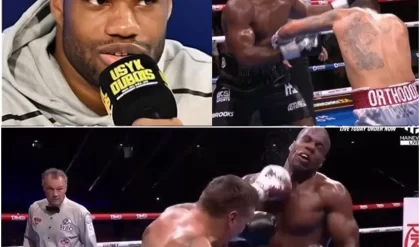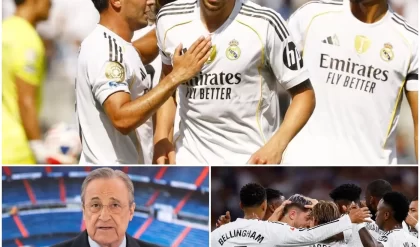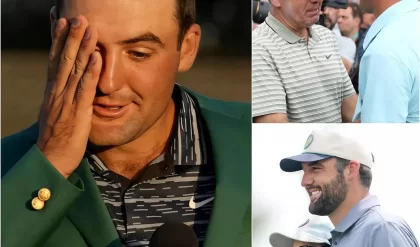The NASCAR world is buzzing with tension as 23XI Racing, co-owned by racing star Denny Hamlin and basketball legend Michael Jordan, alongside Front Row Motorsports (FRM), teeters on the edge of a seismic shift. Reports indicate that both teams could lose their coveted charters for the 2025 NASCAR Cup Series season, a development that threatens to reshape the sport’s competitive landscape. This high-stakes legal battle with NASCAR has fans, drivers, and sponsors on edge, wondering what’s next for two of the sport’s most prominent teams.
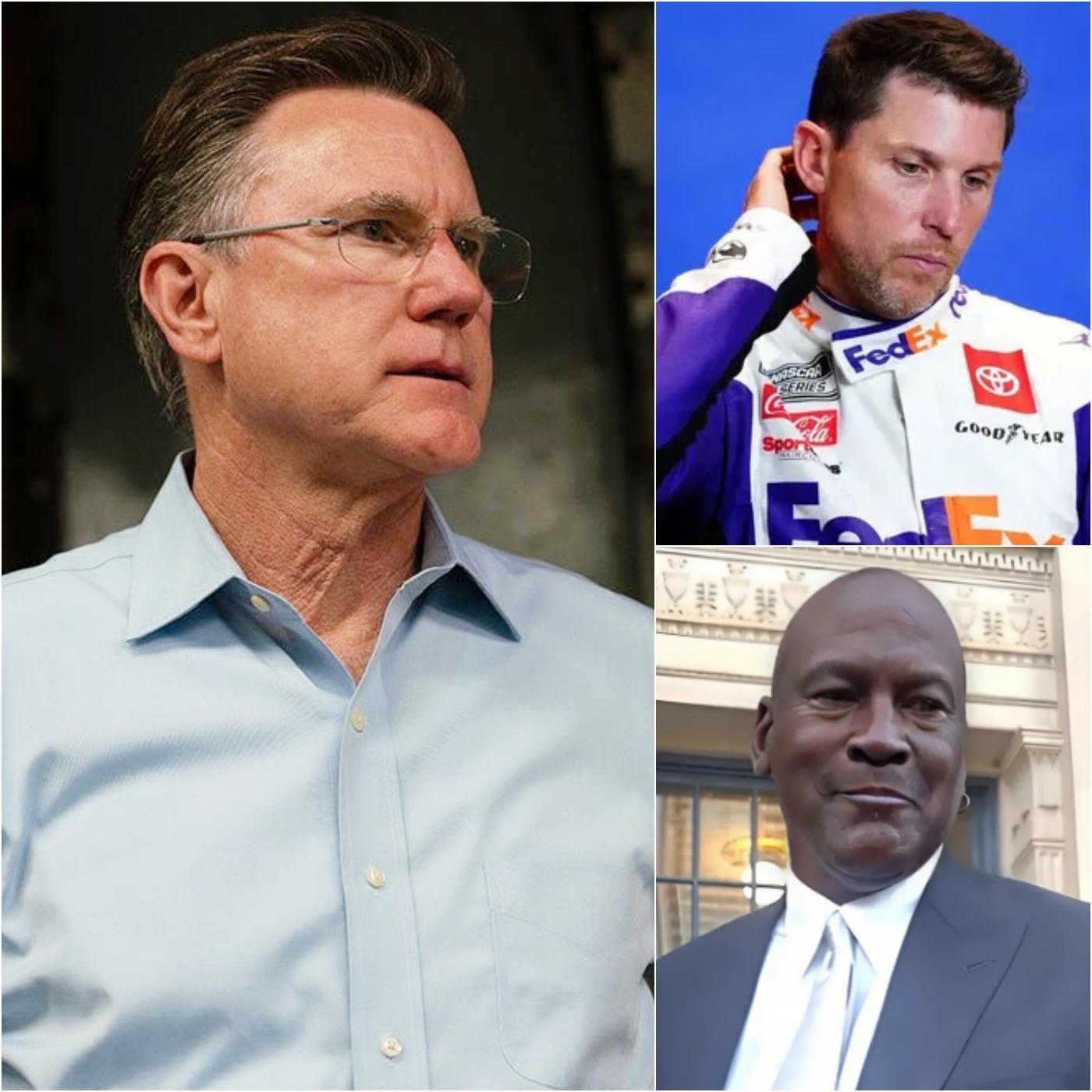
The saga began when 23XI Racing and FRM, the only two teams out of 15 to refuse NASCAR’s 2025 charter agreement, filed a joint antitrust lawsuit against the sanctioning body in October 2024. The teams accused NASCAR of monopolistic practices, claiming the new charter terms unfairly favored the France family, who control the sport. Charters, NASCAR’s equivalent of a franchise, guarantee teams a starting spot in all 36 Cup Series races and a share of the sport’s $1.1 billion annual television revenue. Losing them could mean financial strain, diminished sponsorship appeal, and no guaranteed grid spots—a nightmare scenario for any team owner.
Initially, the teams scored a victory. In December 2024, a U.S. District Judge granted a preliminary injunction, allowing 23XI and FRM to race as chartered teams in 2025 while their lawsuit progressed. This ruling also permitted the transfer of additional charters from the now-defunct Stewart-Haas Racing, enabling both teams to field three cars each, with drivers like Bubba Wallace, Tyler Reddick, and Riley Herbst for 23XI, and Todd Gilliland, Noah Gragson, and another driver for FRM. For a moment, it seemed the teams had secured their future.
But the tide turned on June 5, 2025, when a three-judge panel from the Fourth Circuit Court of Appeals overturned the injunction. The court argued that 23XI and FRM couldn’t benefit from the charter system while simultaneously suing NASCAR over it, calling their antitrust claims unsupported by legal precedent. The teams’ request for a rehearing was denied on July 9, leaving them just days away from potentially losing their charters—possibly as early as July 16, before the Cup Series race at Dover Motor Speedway.
Without charters, 23XI and FRM would be forced to compete as “open” teams, a status that offers no guaranteed race entries and significantly less prize money. This could jeopardize sponsorship deals, as partners crave the certainty of weekly exposure. For 23XI, the stakes are even higher: Tyler Reddick’s contract reportedly includes a clause allowing him to become a free agent if the team loses its charter status, a blow that could ripple across the driver market. Bubba Wallace and others face similar uncertainties, raising questions about the teams’ ability to retain top talent.
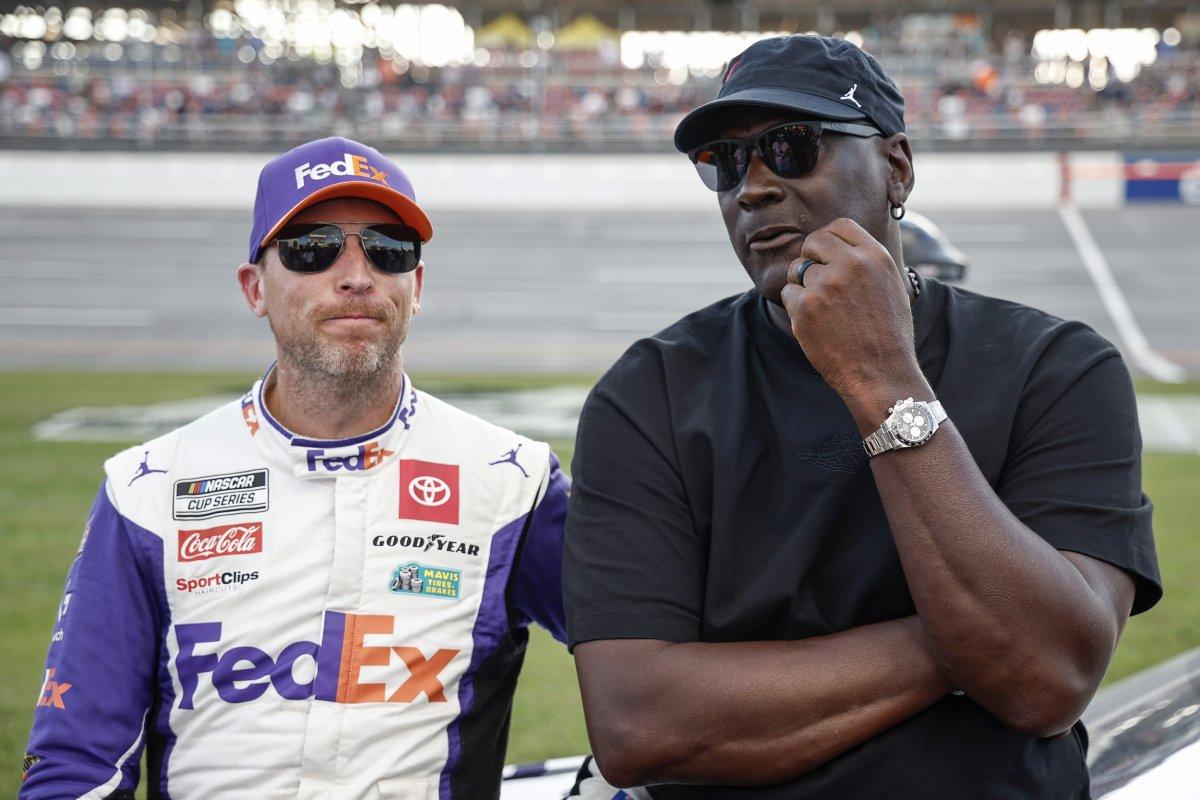
Denny Hamlin, a three-time Daytona 500 winner and co-owner of 23XI, remains defiant. On his podcast, Actions Detrimental, he expressed confidence in the teams’ legal strategy, emphasizing their commitment to race in 2025, even as open teams if necessary. Hamlin’s resolve echoes Michael Jordan’s own words: “I love the sport of racing, but the way NASCAR is run today is unfair to teams, drivers, sponsors, and fans.” Their lawsuit seeks not just to protect their charters but to challenge NASCAR’s broader governance, demanding permanent charters and a fairer revenue-sharing model.
NASCAR, meanwhile, has countered aggressively, filing a claim in March 2025 accusing 23XI and FRM of violating antitrust laws by orchestrating a boycott of a Daytona 500 qualifying race. The sanctioning body argues that the teams’ actions threaten the sport’s collective growth. With the charters’ fate hanging in the balance, NASCAR could redistribute them, reduce the chartered field to 30, or hold them in reserve, leaving the sport’s future murky.
As the July 20 Dover race approaches, the NASCAR community watches closely. Will 23XI and FRM find a legal lifeline, or will they race into 2025 as underdogs? The outcome could redefine team ownership and competition in NASCAR, making this one of the sport’s most pivotal moments in years. Fans are left wondering: could this be the spark that transforms NASCAR’s power structure, or will it cement the status quo? One thing is certain—the drama is far from over.
